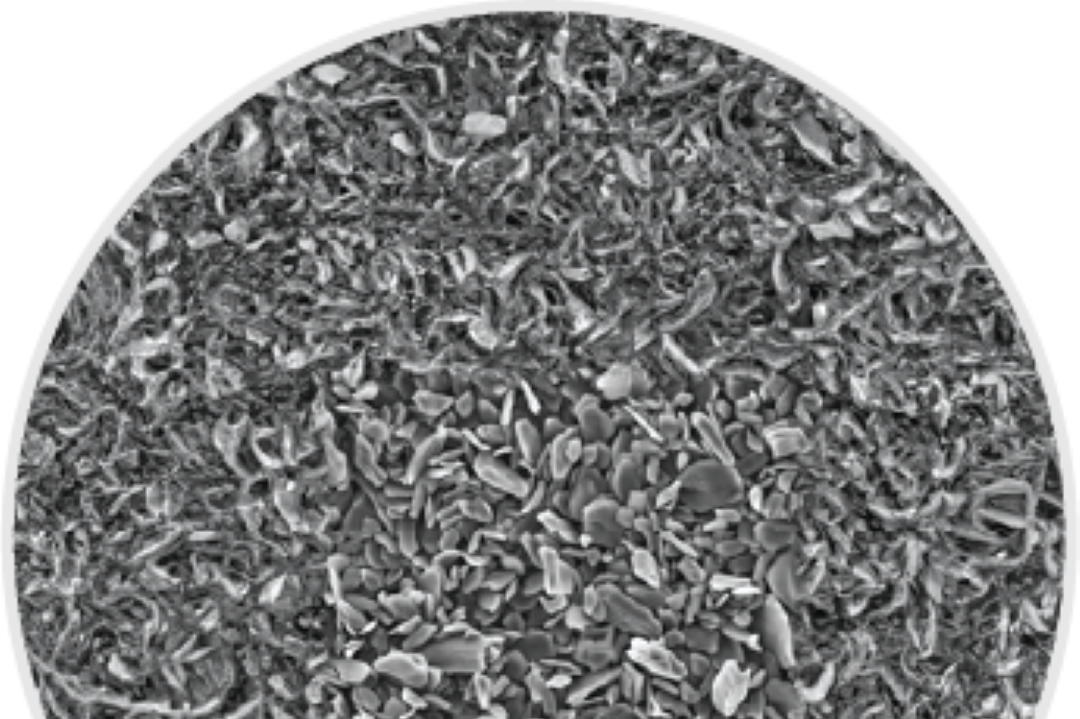Epsilon Carbon Pvt Ltd, a leading carbon black manufacturer, has introduced a fleet of six LNG (liquefied natural gas)-powered container trucks to transport carbon black to its tyre industry clients. This move is part of the company’s broader strategy to reduce its environmental impact and improve energy efficiency in its logistics operations.
Compared to traditional diesel-powered trucks, the new LNG vehicles are expected to achieve significant environmental benefits. They are projected to reduce carbon dioxide (CO2) emissions by 20–25%, nitrogen oxide (NOx) emissions by as much as 90%, and virtually eliminate particulate matter emissions. Additionally, these trucks offer 5–10% better fuel efficiency, leading to reduced fuel consumption and offering long-term cost savings for both Epsilon and its customers.
The decision to adopt LNG-powered trucks also aligns with Epsilon Carbon’s commitment to supporting Scope 3 emission reductions. As downstream emissions are categorized under Scope 3, this transition enables Epsilon’s tyre sector clients to include these reductions in their sustainability reports.
Vikram Handa, Managing Director of Epsilon Carbon, emphasized that the Indian road transport sector, which carries nearly 70% of the country’s domestic freight, needs to shift toward cleaner fuel alternatives. He added that this move is not only in line with India’s decarbonization goals but also reflects Epsilon’s commitment to reducing its own environmental footprint.
With each truck in the new fleet capable of covering up to 500 kilometers, these LNG vehicles are designed for medium- to long-distance transport. Epsilon plans to expand its LNG-powered fleet in phases, depending on demand and usage trends.
Epsilon Carbon, established in 2017, operates manufacturing plants across Karnataka, Chhattisgarh, and Odisha, producing 215,000 metric tons of carbon black and 320,000 metric tons of specialty carbon annually. The company is fully backward integrated, sources feedstock from the steel industry, and operates a Zero Liquid Discharge system while meeting all its energy needs through recovered waste gases.







